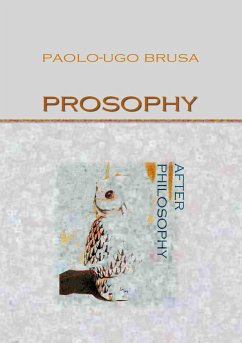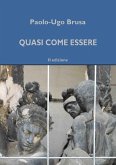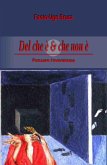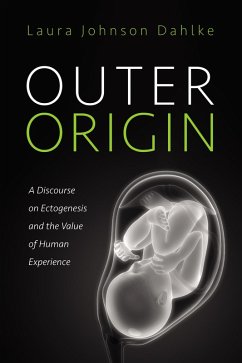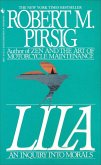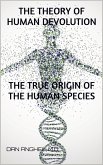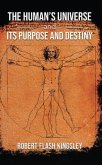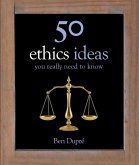Knowledge is a good thing to wish for, as far as what is eventually found does not merely please the wishing. To avoid the self-pleasing circle philosophy, or foundational knowledge, should start with no particular end in sight. That's not the case with Western philosophy, which has desire (philo-) stuck in its name from its very beginnings. Conscious of the risks of a self-fulfilling mode of thought, philosophers have focused their desires, during almost three millennia, toward ends that were supposed to be universally and reasonably appealing to anyone.
This broad perspective has saved Western philosophers from becoming an army of ideologists, but has proved ineffective against the power of wishful thinking. Along the centuries all kind of plans have been offered to pin down the varieties of human experience with some particular end in sight. Ends like law and order, logic and authority, happiness and salvation, science and conquest. Even sceptics have fallen into the traps of self-complacency.
Western societies have recently entered, wittingly or not, their first post-philosophical age. Does that mean that philosophy has rejected that old self-appealing (philo-) approach? On the contrary, it has renounced its aspiration toward an all-encompassing vision (-sophy). Now it's all philo-, while -sophy is up to grabs. The long struggle to achieve truth, method, logos, vision, order and structure has ultimately failed. Wishful reason has paved the way for futility to triumph. Making local and temporary agreements on a pragmatic basis is the last standing pillar of wisdom. What we agree upon is for no one to judge except us. The relativist/pragmatist's perspective grants a poor overall direction, however. The global community of diversities enters its future without guidance. It's a foolish experiment in unassisted history.
Being-to-the-world is what we humans share with all other living beings, except for us being able to think about what being-to-the-world implies in general and for us in particular. It's a disquieting condition. It allows for all understanding and misapprehension, certainty and doubt. An all-encompassing grasp of all that is the case, philosophy's original purpose, is still what we should care about. Yet, no universal knowledge can be found where philosophy lost itself, on local paths to some coveted answer. The demise of philosophy as vehicle of ordainment and containment is a great leap forward. But it leaves a void that we had better fill with a new overall conception, lest anything be true or false, wrong or right at anyone's whim.
Prosophy means philosophy with a minimal philo- component. Think of elaborating on whatever is the case without being anyone in particular. This first quarter of the 21st century sees cultures and worldviews fighting again against one other, unwilling to melt in one big pot where they are afraid to disappear. An unbiased vision, encompassing common grounds and all sort of divergencies, is certainly worth our best efforts. A seedbed of communal concepts below a variety of difference is what prosophy is after.
Also in print at www.lulu.com, ISBN 9781326073053.
Dieser Download kann aus rechtlichen Gründen nur mit Rechnungsadresse in A, B, CY, CZ, D, DK, EW, E, FIN, F, GR, H, IRL, I, LT, L, LR, M, NL, PL, P, R, S, SLO, SK ausgeliefert werden.

